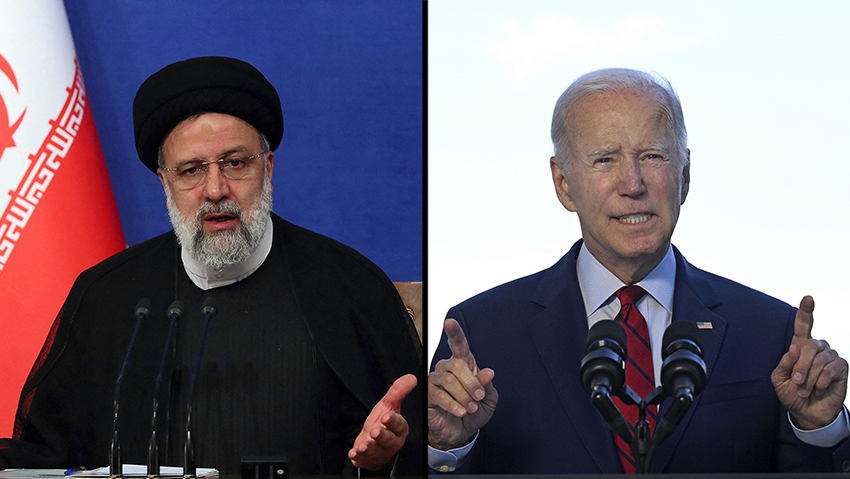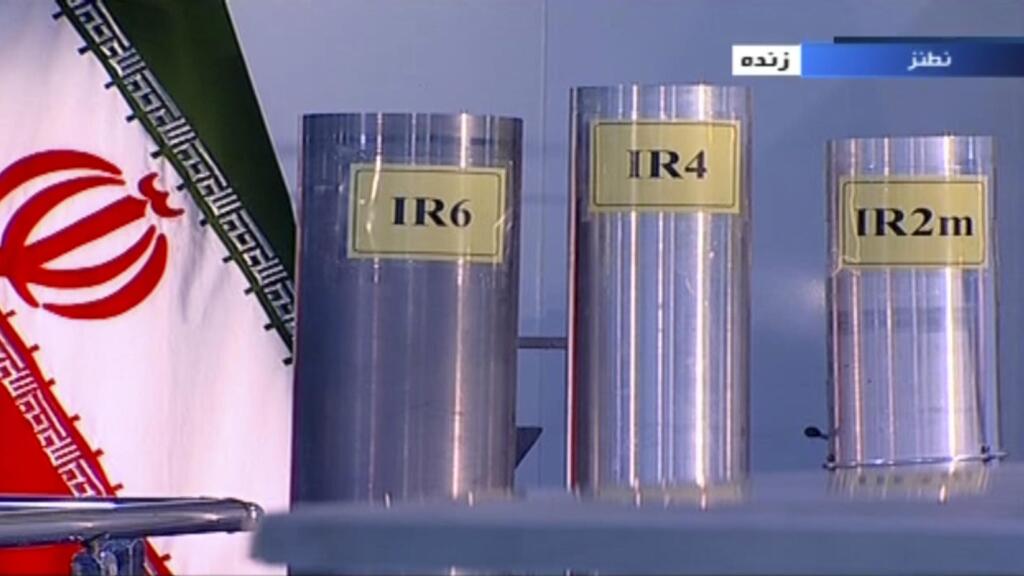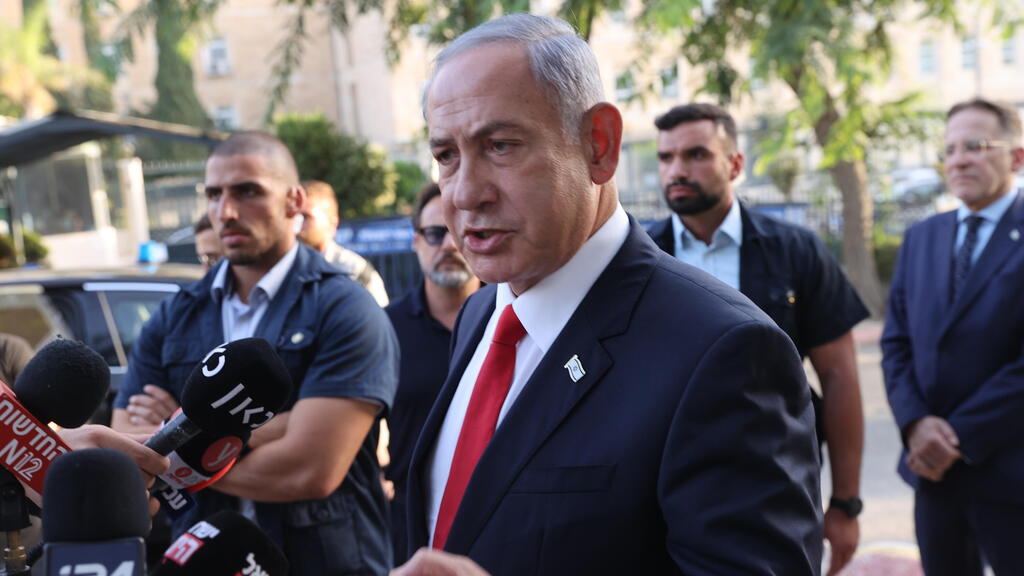The U.S. is working to reach an unwritten agreement with Iran that would ease the tensions between the two nations and reduce the risk of military conflict, the New York Times reported late on Wednesday. According to the report, Washington is seeking an unofficial and unwritten deal that Iranian officials have named a political ceasefire, by way of avoiding the need for congressional approval, which is considered unlikely with an anti-Iran sentiment prevalent there.
NY Times report: US seeking informal agreement with Iran.
Read more stories:
The signing of the agreement is imminent since both sides desire to avoid further escalation of tensions at a time when Iran has made considerable progress in its military nuclear program since former president Donald Trump withdrew from the JCPOA in 2018, and as Iran was supplying Russia with arms and drones, to use in their war against Ukraine. The Times report, to which Ronen Bergman, a reporter for Ynet and its sister publication Yedioth Ahronoth - contributed, included confirmation from three senior Israeli sources, an American and an Iranian official.
Talks, including in Oman, have been taking place and have resulted in an agreement of the Tehran regime to suspend uranium enrichment to above 60%. Iran also agreed to stop using its Mideast proxies to attack U.S. forces and contractors in Syria and Iraq and to increase its cooperation with the UN's nuclear watchdog IAEA. According to the Iranian official, Tehran also agreed to avoid the sale of ballistic missiles to Russia.
In exchange, Iran expects the U.S. not to increase its sanctions on the Islamic Republic, which have crippled its economy and to allow Iranian oil tankers undisturbed passage. Washington would also refrain from demanding resolutions unfavorable to Tehran, in the UN or the IAEA.
The New York Times quoted Ali Vaez, Iran project director at the International Crisis Group (ICG) an independent, non-profit, non-governmental conflict resolution group, who said the purpose of the agreement was to prevent crossing red lines by one or both nations and thereby facilitate a broader diplomatic resolution at a later date.
Iran also expects the Biden administration to unfreeze billions of dollars in Iranian assets, whose use would be limited to humanitarian purposes. In exchange, three Iranian-American prisoners, who Washington has said were wrongly detained, would be freed.
"That could allay concerns that the Biden administration is placing billions into the hands of a ruthless authoritarian regime that is killing protesters, supporting Russia’s Ukraine war effort, and funding anti-Israeli proxies like Hamas and Hezbollah," the New York Times said.
The Times said it had not been able to confirm the linkage between releasing assets and the release of the prisoners, with American officials nor have they confirmed the agreement to release the Americans was tied to the nuclear agreement.
Last week, the U.S. allowed Iraq to settle its debt of 2.76 billion dollars to Iran, funds that would be limited to use by third-party vendors approved by Washington meant to be used for food and medicine for Iranian citizens. According to the publication, this could be the administration's way to prevent funds from being used for the purpose of terrorism.
Former U.S. Jewish diplomat Dennis Ross who is a special advisor to the National Security Council said “The U.S. seems to be making clear to Iran that if you go to 90 percent, you’re going to pay a hell of a price." Ross added that the Biden administration wants to keep its focus on Ukraine and Russia. “Having a war in the Mideast, where you know how it starts but you don’t know how it ends, that’s the last thing they want.”
Prime Minister Benjamin Netanyahu said the U.S. reach an agreement with Iran when he addressed the Knesset Foreign Affairs and Defense Committee meeting earlier this week. "No deal with Iran would be binding for Israel which will do everything to defend itself," he said. "On one hand we are working to block Iran and on the other, we are rapidly working to extend the circle of peace," Netanyahu told the Knesset committee.






